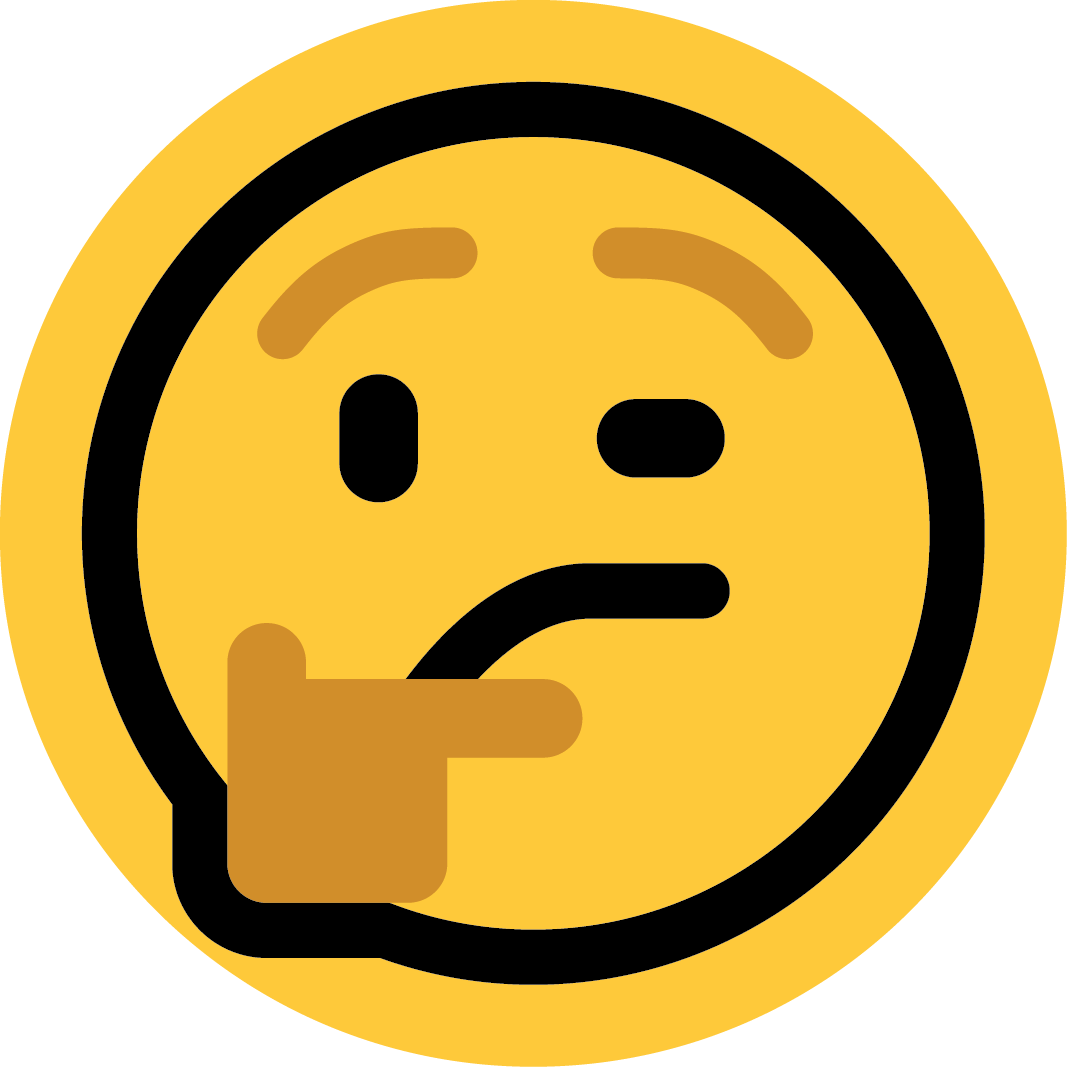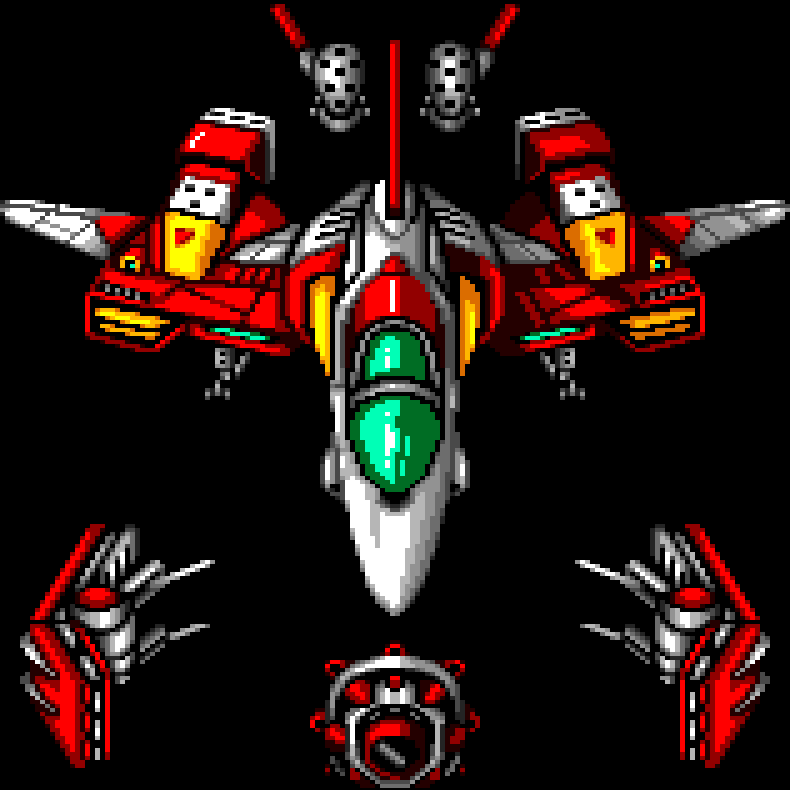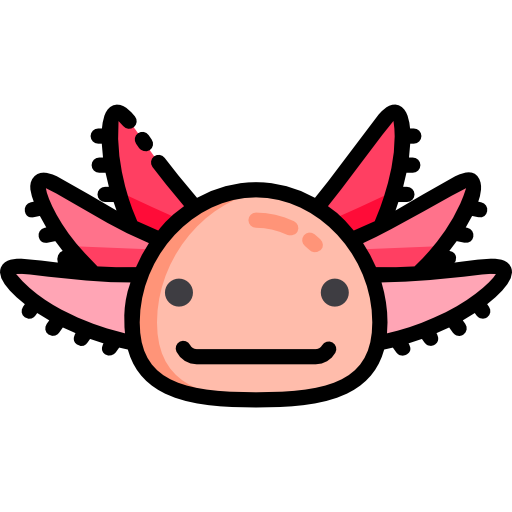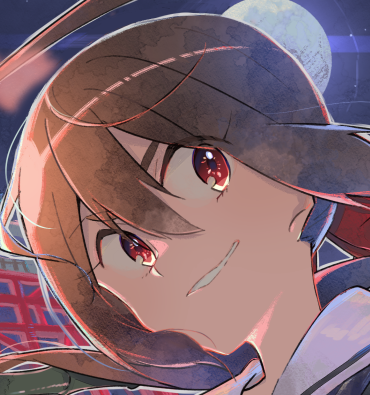Not if you aren’t rich.
Ahh, you’re cute. Thinking that this won’t only apply to the ultra rich.
I was just thinking of a few randos having a chat in a short of futuristic bar, not really thinking much about the socioeconomic impact… 🙇🏻♂️
Sure, except the randos will be narrowed to an extremely small subset of the population.
Like, one-in-a-hundred-million small.
I like the double speak. Could be their ages, could be their health scores used for social and employment status.
I don’t see this happening. Our organic bodies begin to dramatically deteriorate before we come anywhere close to age 100. We’ll have to stave off natural cellular deterioration with medicine and special treatments to prolong our lives now. None of those exist today - we only have surgeries to make ourselves look younger, and take certain steps to stay more healthy as we age. We haven’t beaten cancer, Alzheimer’s, etc. Being wealthy today doesn’t solve those problems.
Provided humanity doesn’t kill ourselves off by fighting against ourselves or losing the war against microplastics and global warming over the next 10,000 years, I see us migrating to a new form of existence. That may involve two branches: We become cyborgs, or we merge ourselves into the digital realm, effectively leaving our organic bodies completely behind.
Our advances in robotics and prosthetics is quite likely to be the more preferred approach. If we could keep our brains alive and somehow transplant our synaptic makeup safely into a new mechanical body, we’ll dramatically extend our lives (until natural brain cells begin to break down and we cease to exist or become someone entirely different).
The less likely approach is to upload ourselves into the digital realm, whatever that looks like. We already have a distributed, decentralized, and global internet. We’re experimenting with VR, and we’re starting to begin layering the digital world on top of the physical world via the use of Augmented Reality. Over time, perhaps we’ll be able to terraform the digital world and be able to achieve 1:1 digital likenesses of ourselves (an example would be seen in Sword Art Online, where humans put on a headset that transfers their consciousness into the Digital VR world where you can smell, taste, touch, etc, and would virtually be unable to distinguish the VR world from the human world). The brain after all is electrical impulses of prodigious complexity. We certainly should be able to replicate that ability, but the programming will have to dramatically transform into something we’ve never seen before. ChatGPT and “AI” are precursors to that evolution in our ability to one day emulate, and dare I say replicate, actual sentience. But we’ll need to build a new programming language that computers can understand and execute autonomous instructions that are not based on statistics or logical expressions - it would have to be similar to thinking, or true AI. We are nowhere close to that.
Unfortunately any of us here reading this won’t be alive when any of this happens, but that’s where I see humanity going. We won’t be able to extend our organic bodies due to organic decay. If we do not become cyborgs or somehow migrate our existence into the digital realm, then evolution is the next step. Humans would have to evolve over the next million years in order to have longer organic lives, or we’d have to be able to splice our genes with animals that can live longer like certain tortoises. Then we’d be a new branch of human that moves on from the homo sapien line.
If that was the natural progression for naming conventions we all would be named like Elon Musk’s children.
I think OP means they are talking about their ages
deleted by creator
Doubtful.









